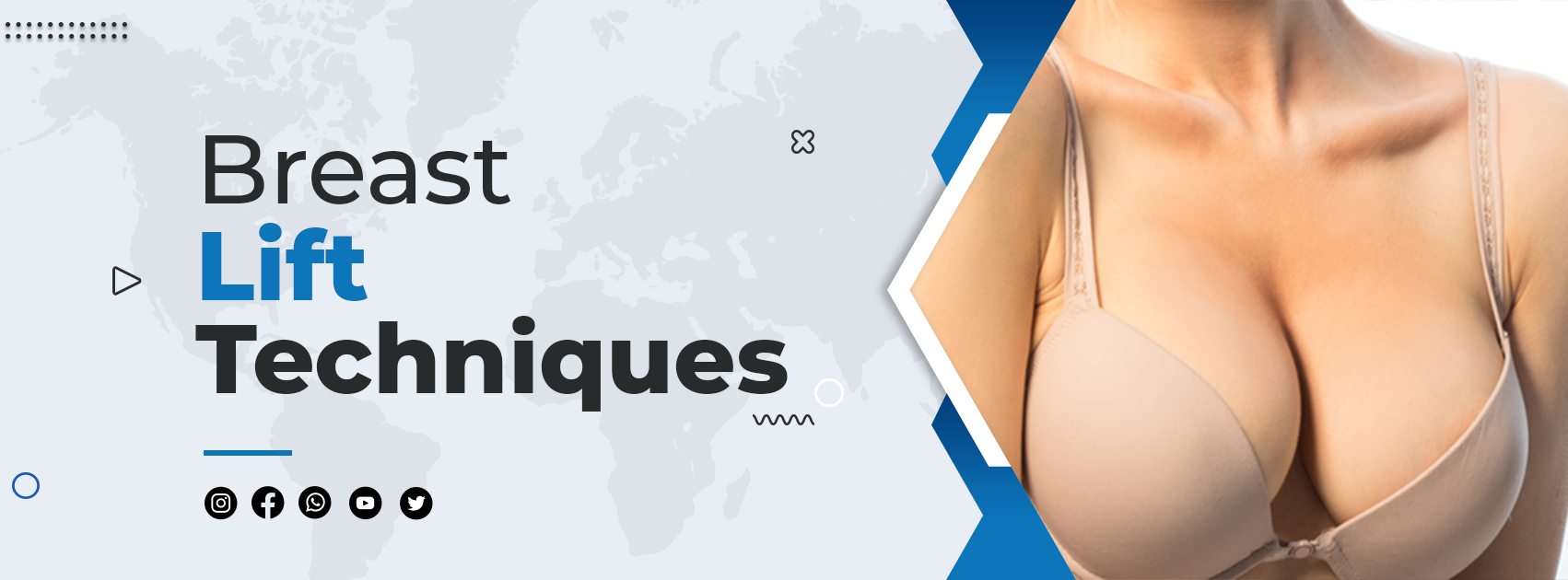
The 5 Most Commonly Used Breast Lift Techniques
After years of wanting larger, rounder breasts, women are gradually preferring altitude over amplitude. And modern science has a new variety of breast-lifting methods to offer them exactly that. Breast-lift procedure, or mastopexy, is an attempt to mitigate the process by cutting off loose skin, redistributing the filling, and preserving the initial breast projection — and the techniques of doing so efficiently offer a new era of innovation.
There are several unique incision styles and methods utilized in breast lifting procedure, each tailored to various groups of patients and the required outcomes. If you're planning surgery to lift your breasts, get a thorough information about the treatments accessible to you, and consult your specialist about which treatment they may suggest to you before you make up your mind.
The Anchor Lift
When you have severe sagging, an anchor lift can be advised by the surgeon. This method of lifting entails the highest degree of scarring, but it often generates the most dramatic sagging and reshaping transformation. The doctor must make one lateral incision in the breast crease during operation. There is an incision between the crease and the areola. The other is along the bottom of the areola.
The Lollipop Lift
Lollipop (vertical) lift is planned for women who want some shaping to be performed while still fixing some sag. This is one of the most popular styles of lifts. Lollipop lift requires an incision placed along the circumference of the areola and vertically down from the areola to the breast crease.
The Donut Lift
Your doctor may suggest a donut lift if you have more mild sagging. Like a crescent raise, just one incision has been made, and the scar is quite minimal. The donut lift requires an incision created just along the circumference of the areola. Donut lifts are often done in accordance with breast enlargement. They are also good for women who aim to reduce the size of the areola. That is why the technique is also called a periareolar lift.
The Crescent Lift
While less widely used than other methods, there is a fourth method of incision where the line of incision falls only around the upper half of the areola. With this technique, a small incision is made. It extends halfway around the top of the areola. This functions well for women with minimal sagging and no extra breast tissue left over from previous birth or weight loss.
May 01, 2020